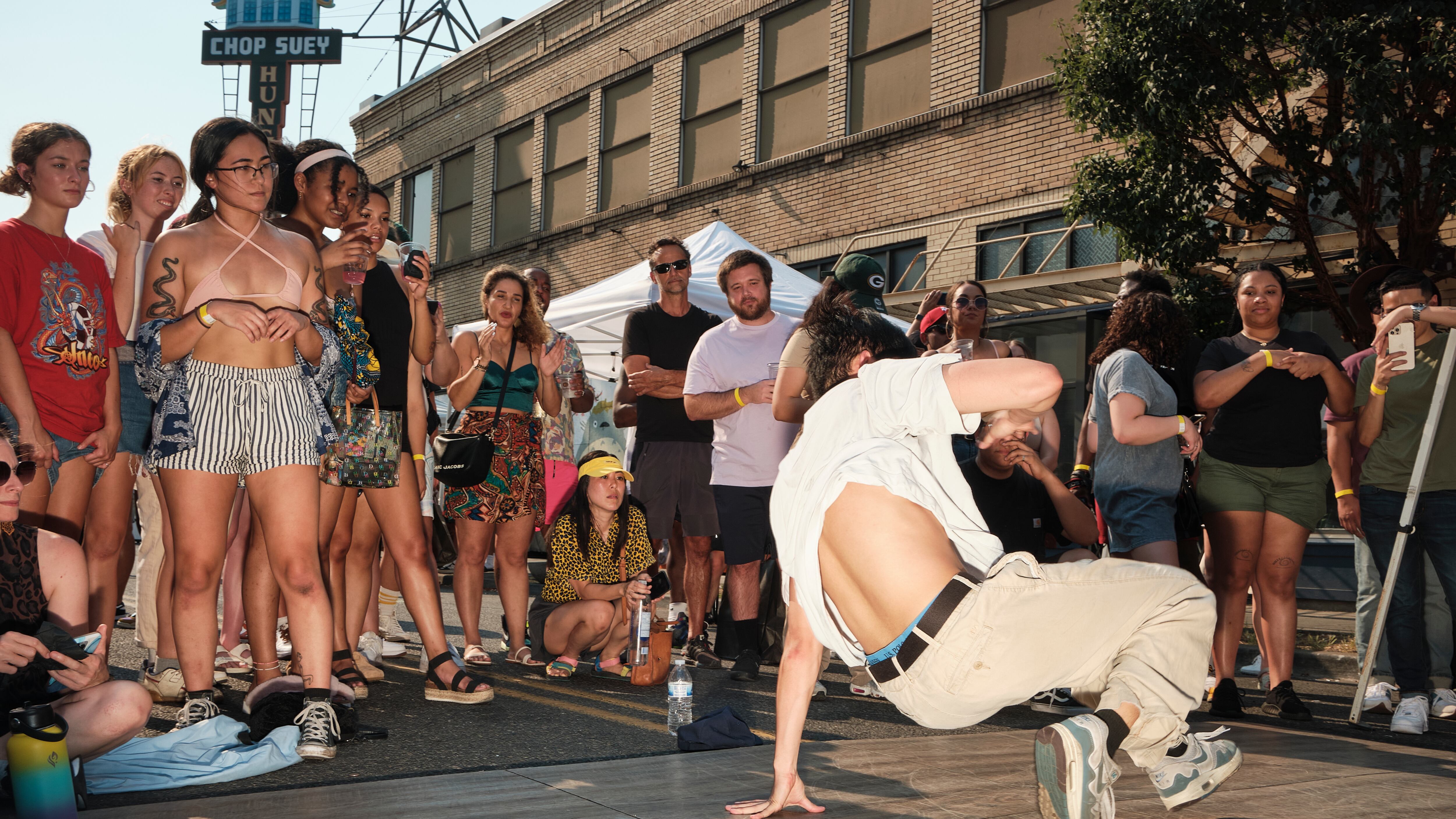When I left D.C. for Portland 20 years ago, one perk was Portland’s dry summer air. Sweat could actually evaporate and cool your body! The last few summers, however, have seemed increasingly muggy—now I feel almost as sweaty as I did back east. Are Portland summers getting more humid? —Gimme Swelter
Climate trends are difficult things to measure (especially if your attempts to measure them consist of playing Fruit Ninja in bed and refusing to get up until someone tells you the answer). That said, even climatologists struggle; you need a lot of data points to be sure a change is even happening. In other words, ask me in 100 years.
Just kidding! We do have some data on humidity in Portland. Relative humidity is not the best stat for comparisons, though: Warm air can hold more moisture than cold air, so the number varies with temperature throughout the day. If you really want to quantify the weather’s precise degree of moisture-based shittiness, you can use a statistic called “dew point.”
The dew point is the temperature at which the air can’t hold any more water (meaning, among other things, that your sweat can’t evaporate). Below the dew point, the air has more water than it can hold, so condensation—dew—will begin forming on any available surface.
The higher the dew point, the wetter the air. A dew point of 60 degrees feels noticeably humid. A dew point of 70 degrees is oppressive. Anything 75 or above is please-kill-me territory.
So, are our summer dew points rising? Here’s what we know: The generally accepted predictions of climate change (the ones we’ll punch people for disagreeing with even though we don’t understand them either) suggest that Pacific Northwest summers should be getting drier (and hotter). The opposite trend would be surprising.
That said, both 2021 and 2022 were well above average for summer days when the dew point reached 65 or higher. I can see where you’re coming from, Swelter, but two data points do not a trend make.
Six other summers in the past 30 years the dew point also topped 65: 1993, 1998, 2009 and 2013. An interesting distribution, to be sure, but a hockey stick graph it ain’t. Climate change will doubtless fuck up our lives in many novel and exciting ways, but for now bringing the bayou to Portland doesn’t seem to be one of them.
Questions? Send them to dr.know@wweek.com.

